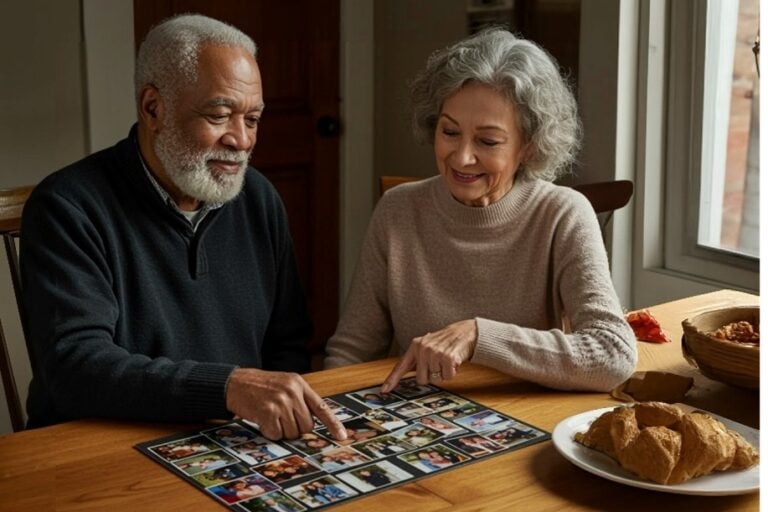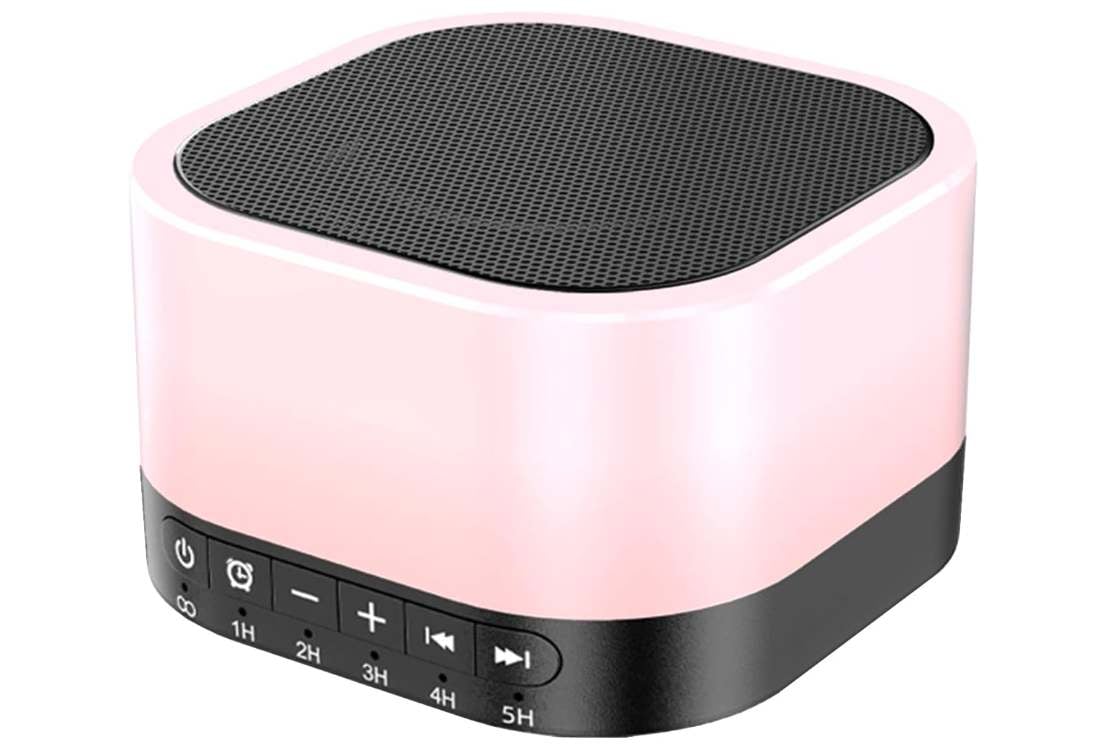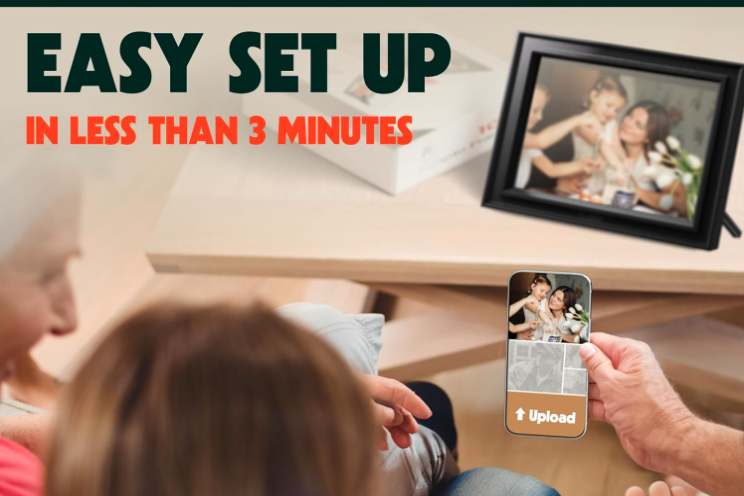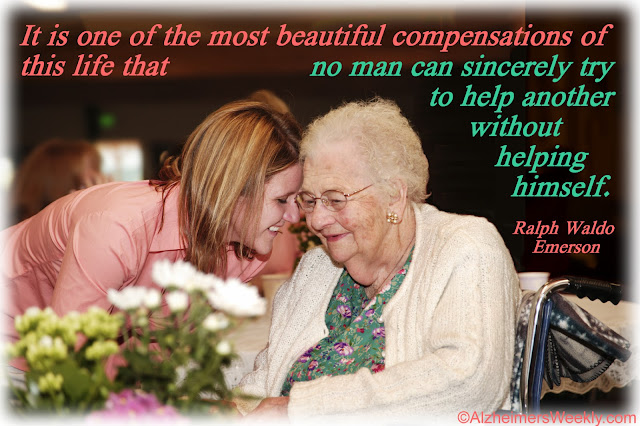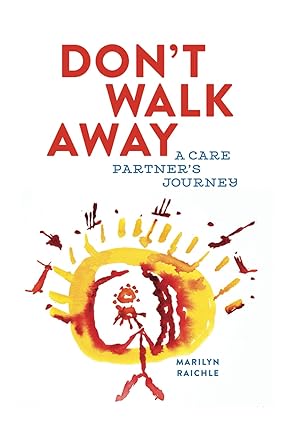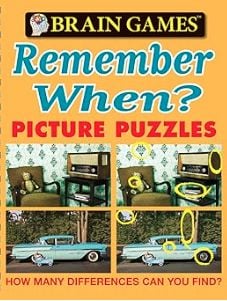
Red Plates for Eating with Dementia
If you couldn’t see your mashed potatoes, you probably wouldn’t eat them. That’s why what “The Red Plate Study” found was astonishing! Alzheimer’s patients eating from red plates consumed 25 percent more food than those eating from white plates. Find out why.



